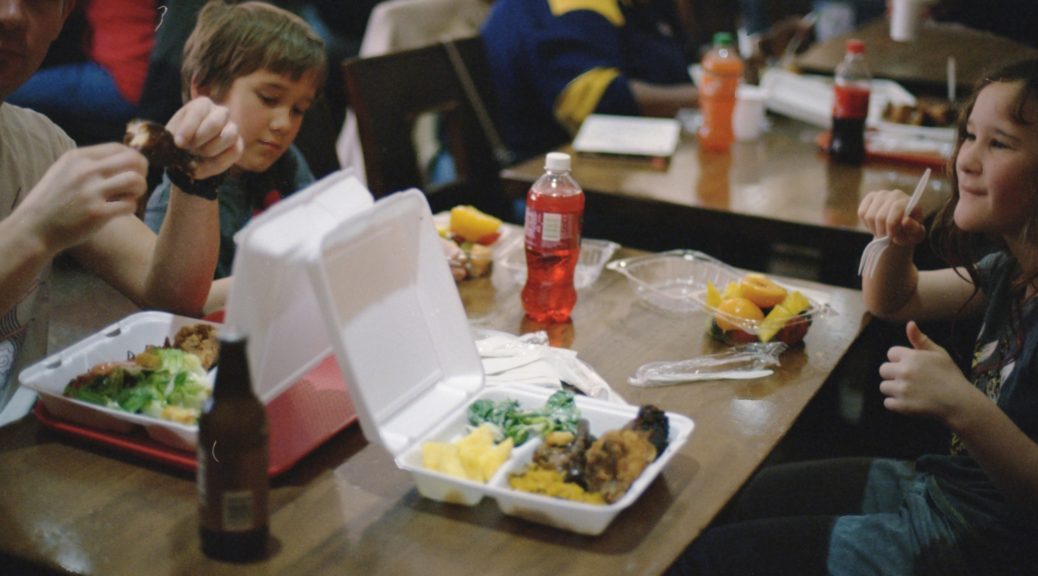Building Self-Determination in Childhood
I’ve previously written about the importance of giving neurodivergent people more self-determination in childhood. Indeed, I think all children, including the neurotypicals, could probably benefit from increased self-determination and autonomy. Isn’t it rather strange that entering adulthood in our society, legally speaking, gives one full rights to autonomy overnight where previously one’s autonomy was legally minimal? An abrupt transition, for sure! Why not give people more practice exercising autonomy in childhood? It certainly seems like giving more opportunities for self-determination…




